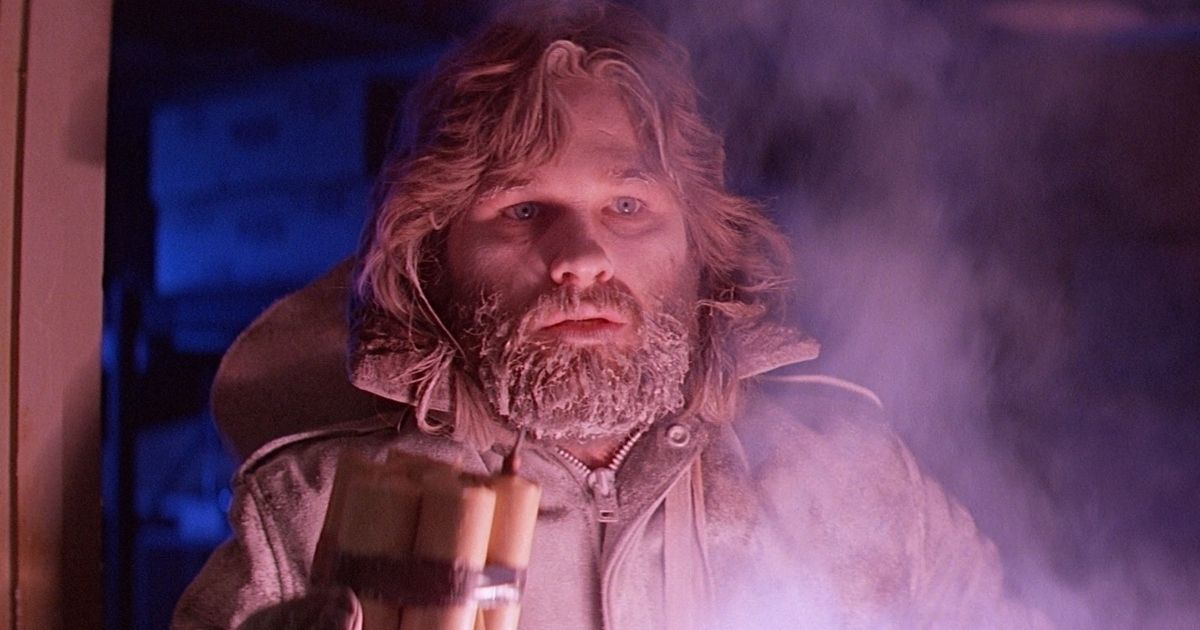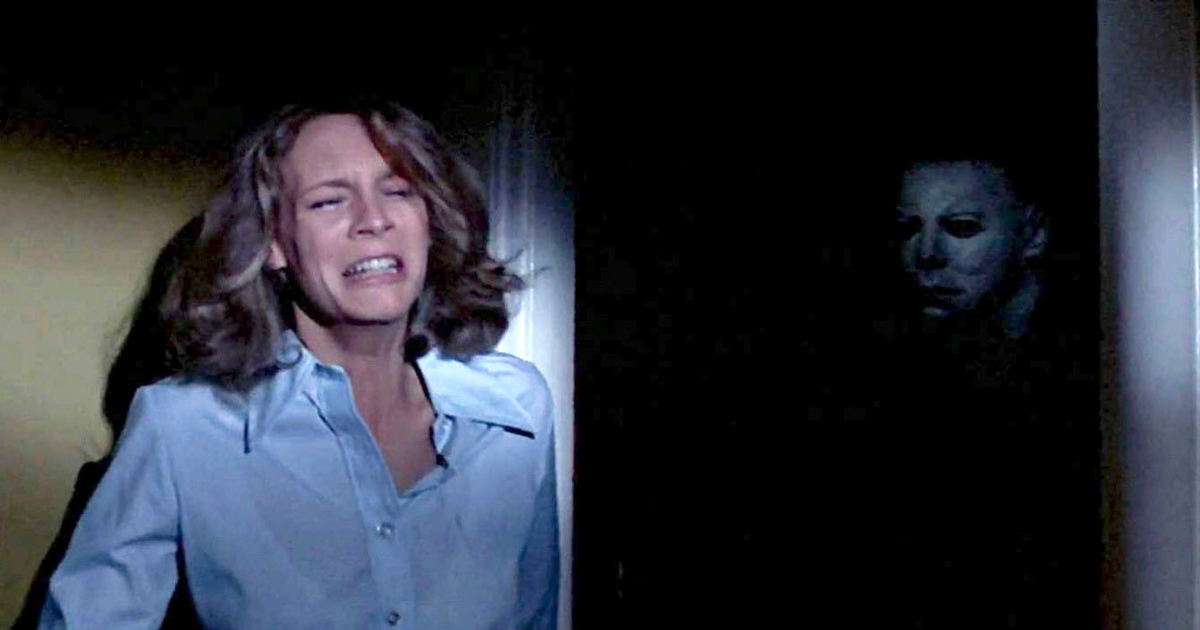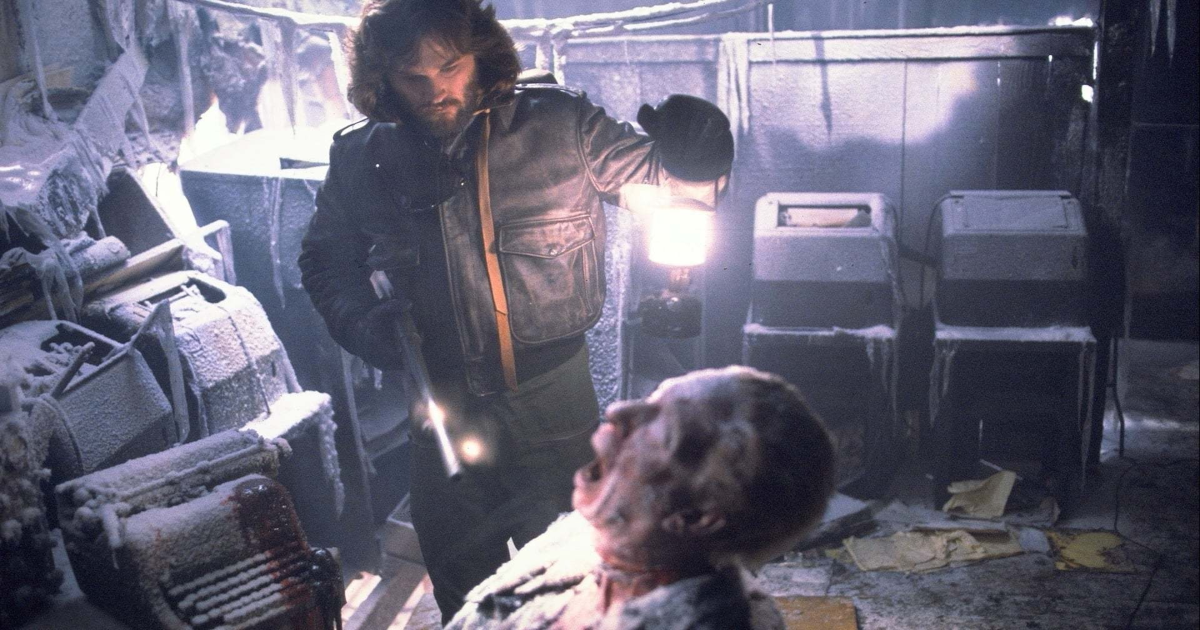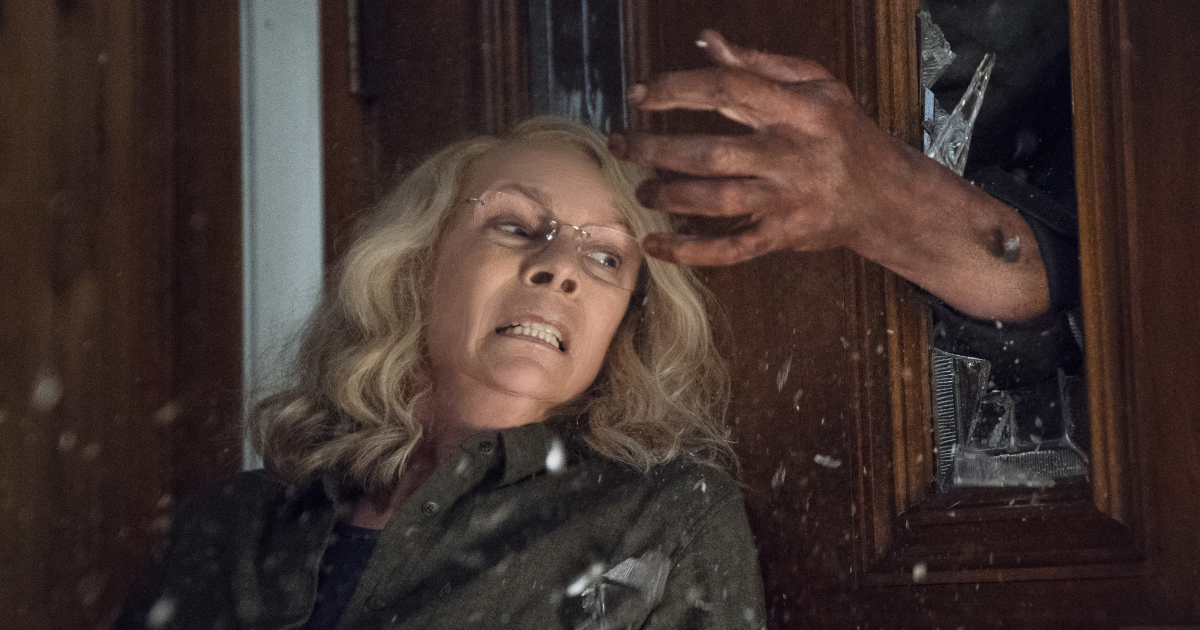In horror, many names are passed around as having significantly impacted the genre in film. Daniel Myrick & Eduardo Sanchez are credited with being the foundation of found-footage horror. Sean S. Cunningham showed that passionate independence could create a compelling horror film. George A. Romero exhibited social commentary alongside his brain-eating monstrosities. But who, above all, was the true horror master?
John Carpenter has done it all in horror. Never one afraid to wear many hats, Carpenter has been a composer, a producer, a writer, and a director. With credits in multiple horror franchises easily noticeable to the casual audience, John Carpenter has a fair claim to the title of true horror master. Here is what makes his claim rise above the rest.
He's Credited as the Creator of the Slasher
While there have certainly been knife-wielding maniacs beforehand, John Carpenter changed the game with Michael Myers in Halloween. Creating a compelling cinematic game of cat and mouse, Michael stalks the unsuspecting teenagers of Haddonfield, Illinois. Having already been declared insane for killing his own sister with a knife at the age of six, Michael stalks Laurie Strode (played by the quintessential scream queen, Jamie Lee Curtis) and her friends with keen brutality.
Add in the cinematography and the iconic score that would accompany the lingering moments and the suspenseful shots of Michael in his white face mask, and you have what is still being heralded today as a cinematic masterpiece, regardless of genre. With campaigns being levied against horror films during this period and beyond, John Carpenter was fighting an uphill battle to earn that accolade. With the success of Halloween (1978), many other franchises were born in an indirect domino effect, with Sean S. Cunningham stating that he was inspired by Halloween (1978)'s success to create his independent film Friday the 13th.
The Apocalypse Trilogy
There is a trilogy of films, all directed by John Carpenter. These cult classics are collectively coined "The Apocalypse Trilogy." While these films don't share a story and their subgenres are all vastly different, they seem to share a common theme. Chaos incarnate. The Thing (1982) follows a group of researchers in an Antarctic research base being picked apart by a creature that can perfectly mimic any one of them. Faced with uncertainty about who they can trust, the crew begins to fall apart in their desperate struggle to defeat this unknown horror that has plagued them. Next is The Prince of Darkness, a film that challenges the audience's beliefs and faith. Featuring scientists attempting to stop a possible future where an alien being known as Satan or the "Anti-God" rises to power, this film held nothing back when it came to a small group of people struggling with their faith and trying to challenge the unknown.
The third and final entry in this trilogy would be In the Mouth of Madness. This film wore its H.P Lovecraft inspiration more openly than its predecessors. Depicting numerous counts of characters being driven insane by monstrosities that their minds couldn't comprehend, the very end of the film would show the end of the world. All of these films were analyzed endlessly for their callouts to H.P. Lovecraft's work of arcane horror and for their social commentary. Some analysts see potential allusions to the Cold War paranoia and the AIDs endemic that were prominent events at the time. It's no small feat to create a cult classic. But to create three, and all three of them are collectively analyzed by fans and film students alike, is another feat altogether.
He Continues to set the Tone, Literally
No horror film is complete without music. Watch Psycho's shower scene or the opening scene of Jaws on mute if you don't believe that statement. John Carpenter has composer credits for more than twenty films. Including the aforementioned Halloween (1978), John has created music for both iterations of The Fog (1980 & 2005,) Christine (1983), all three entries of The Apocalypse Trilogy, and many more. In fact, he managed an incredible feat of having a directing, writing, producing, and composing credit on one film. That film being Halloween II, albeit his inclusion in the directing process was slim.
While John Carpenter hasn't been in the director's chair since The Ward in 2010, he has dedicated his time to continue to compose scores for horror films. Especially if it means he can still contribute to the legacy, he has built. He composed the score for Halloween (2018) & Halloween Kills. Then, in 2022 alone, he composed scores for three horror films. Those films are Studio 666, Firestarter, & Halloween Kills, which is coming to theaters on October 14th. With more than 40 years of experience in the genre and no signs of slowing down, even including his son in the composition process, John Carpenter has one of the strongest claims to the title of True Horror Master.




